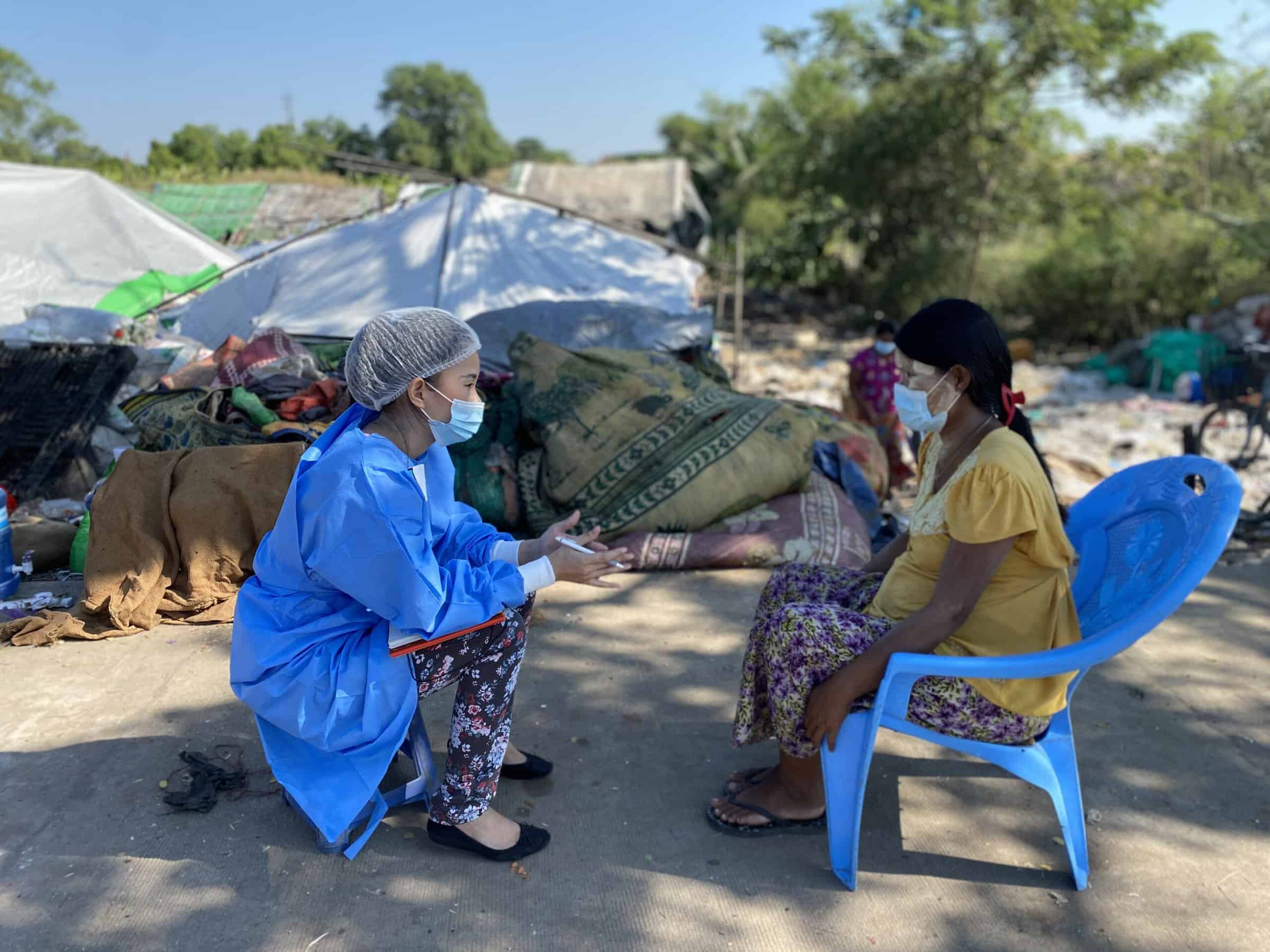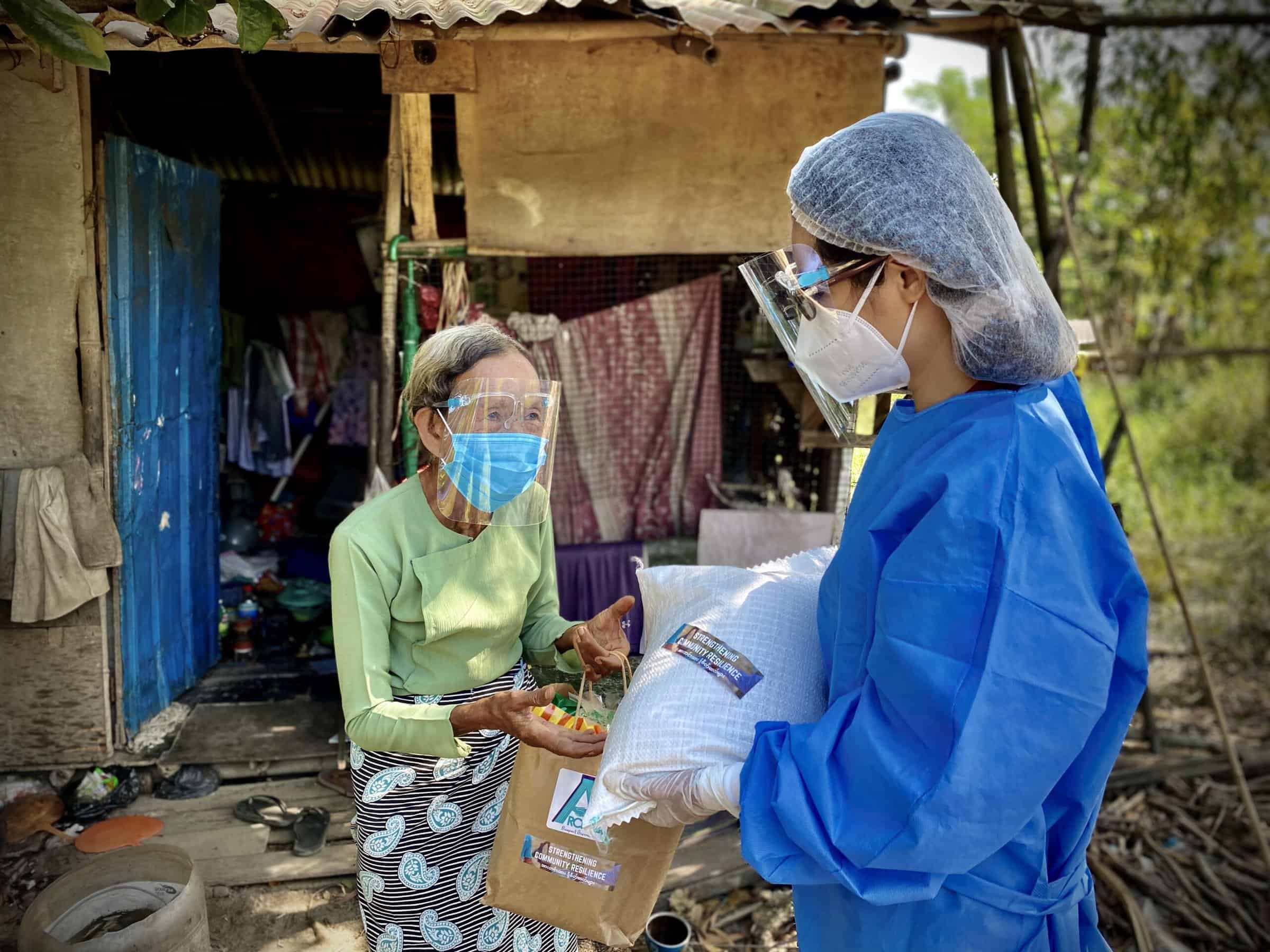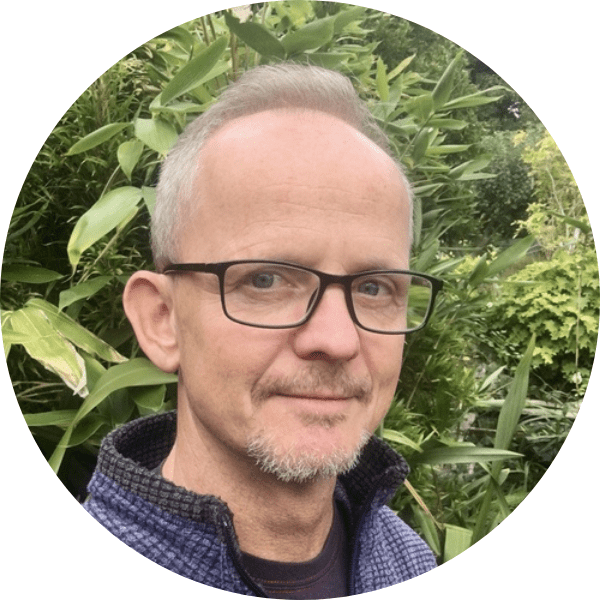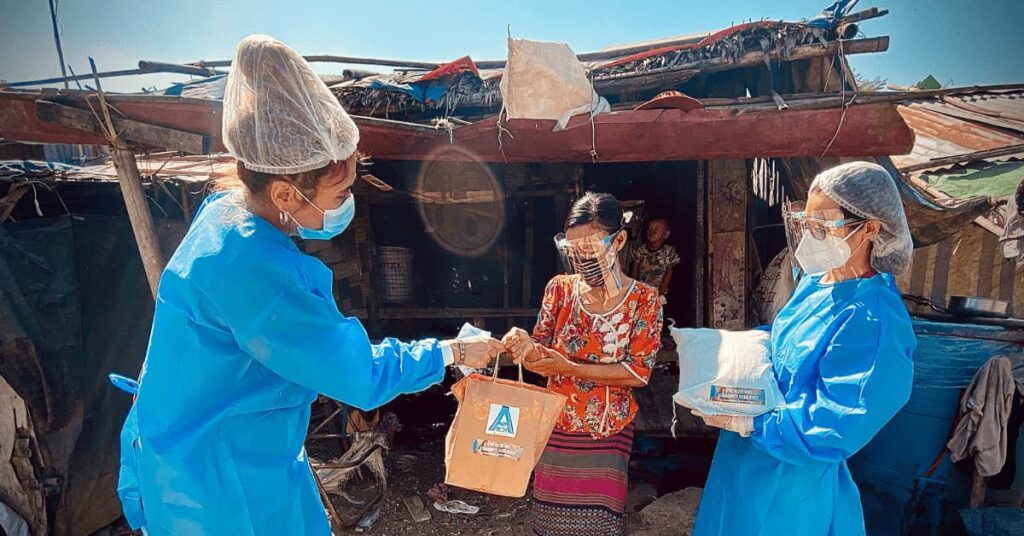3 min read
Let me tell you about Phyo, Cherry and Hugo. However, these aren’t their real names to safeguard their privacy and security . But they are three very real – and very talented – young people who live in Myanmar.
Phyo dreamed of becoming a doctor. She applied to Prospect Burma for financial support to pursue her degree. She enrolled in a master’s degree abroad and returned to Yangon, where she became the head of a hospital department.
Cherry and Hugo also applied to Prospect Burma, for support towards their master’s degree in Communications and Policy and Governance respectively. They both studied abroad and returned home to get jobs with NGOs.
It was while working in Yangon that the three met and discussed their dreams over steaming bowls of thick mohinga in the city’s downtown. Phyo was the most senior, and had the most respected role as a medical professional. She was frustrated at her lack of ability to prevent people in the city from getting sick and having to visit hospitals.
Hugo’s Policy and Governance degree had taught him to research where problems lay and how to put effective mitigations in place. Problems could be solved. But he was only one person. Preventing disease takes a village to spread the word.
This is where Cherry came in. Her degree had taught her creative design and writing. It also taught her how to work out strategies, messaging and different communication routes to best reach the masses.
Yangon has always been a base for organisations working to help communities across Myanmar. But they often assume the centre of the city reflects the city as a whole. People in disadvantaged districts in Yangon’s suburbs are often invisible to outsiders.
But Phyo, Cherry and Hugo knew the city well. To its north, they knew of Shwepyithar, a township of around 300,000 residents. People there lived in cramped conditions under corrugated iron roofs, in the shadow of industrial zones upon which they relied for daily uncontracted wages. If anyone had created a health record for this township, it would be poor.
The three graduates continued to meet weekly at local street food stalls. Phyo provided medical advice which Cherry converted into printed and audio form to disseminate. The information focussed on hygiene, nutrition and early treatment of common illnesses before they became serious.

Along with Hugo, the three graduates identified many small things which could make a big difference. Hugo contacted local companies for help to procure toothpaste, sanitary products, antiseptic creams and more. They set up an advice centre through which they identified the most vulnerable people, and got those essential items to where they were needed the most.
This all happened just as the COVID-19 pandemic struck . Hugo was lucky to also procure thousands of face masks. It is likely that Phyo, Cherry and Hugo saved hundreds of people from unnecessary suffering, and probably saved at least dozens of lives too.
So how did this all happen?
There are many more amazing young people with a strong determination to make a difference. For Phyo, Cherry and Hugo, the turning point was having an organisation to support them to each pursue a master’s degree, which enhanced their skills and knowledge.
Before COVID-19 and the coup in Myanmar, around 80 percent of young people left school without completing their examinations. That figure has dropped even further since. This means there are many young people who can read, write and do maths. But there are few who can methodically analyse issues, create complex solutions, deliver those solutions, and inject innovations and real change into communities.
Just a small number of young people gaining master’s degrees in a range of subjects can help thousands of people, as Phyo, Cherry and Hugo have shown.
Myanmar’s higher education system has collapsed due to a combination of COVID-19, the 2021 coup and ongoing conflict. But its young people can still study abroad if someone supports them. These young people can then have immense impact, using their skills and knowledge to insulate the most vulnerable against natural and man-made disasters ahead.
These young people just need equally amazing and foresighted individuals and organisations across Asia to see that impact in advance and to help them gain the skills and knowledge they need. Could that person or organisation be you? Contact [email protected] to find out more.



















